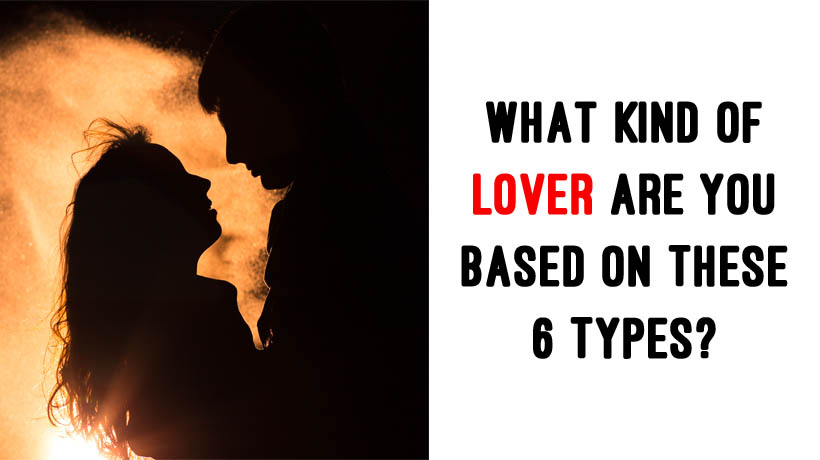Have you ever wondered why we love the way that we do? We all have our own interpretations of what it means to love someone. But in a great attempt to translate this crazy, all-encompassing emotion and way of living, one theory was brought to light in 1973. Sociologist John Lee identified six different types of love that might help us make sense of ourselves, and in turn, make sense of the type of love that we need.
Eros
Named after the Greek god of fertility, those who love this way seek out a passionate and intense type of love. They are driven by strong feelings of physical and/or emotional attraction, suggesting to the type of love you hear about in fairy tales or romantic novels. Imagine relationships in their early ‘honeymoon’ stages.
Agape
Agape is universal, altruistic love. It refers to a rare, selfless connection we give to others—even to strangers (also known as “gift love” or the highest form of love in Christianity and “universal loving kindness” in Theravāda Buddhism). Random acts of kindness demonstrate this type of love.
Ludus
The focus of this type of love is fun without strings attached. It involves casual flings, flirting and uncomplicated behaviors (think: “friends with benefits”). Ludus is risky but works best when two parties can commit to being … well, non-committal.
Storge
This love is often reminiscent of familial affection—like that shared between a parent and child. It’s based on natural feelings of fondness and familiarity. Storgics focus on building the companionship and closeness.
Mania
As the word suggests, mania is an obsessive and possessive kind of love. They may need constant reassurance and attention from their partner to know that they are loved. It’s emotional dependence on the other person that’s likely to spiral through highs and lows.
Pragma
Pragmatics abide by a realistic and logical type of love. Rather than letting emotions rule their relationship, they strive for a mutually beneficial connection. They may place a high importance on how well their partner suits them for marriage rather than acting solely from feelings.



